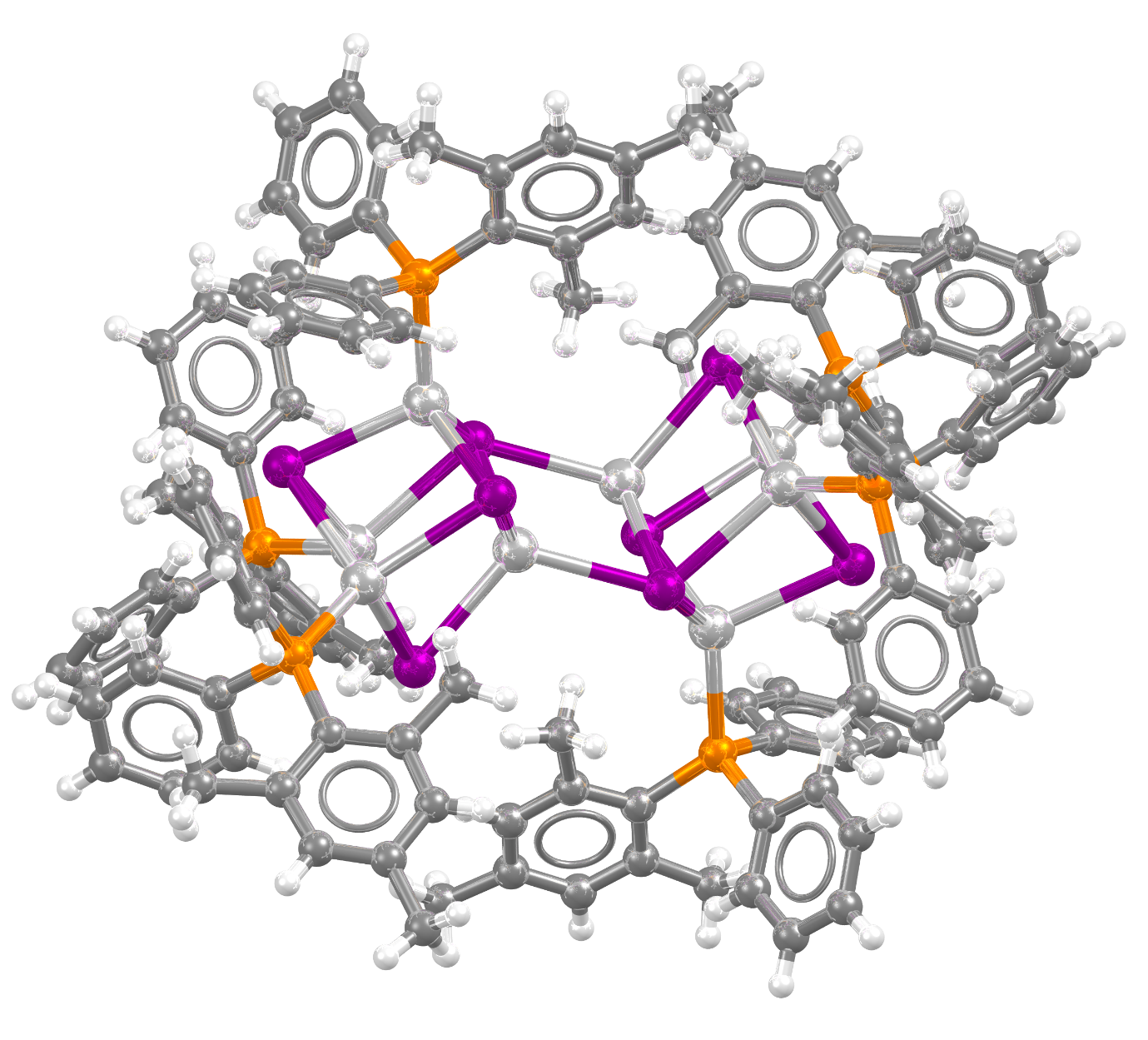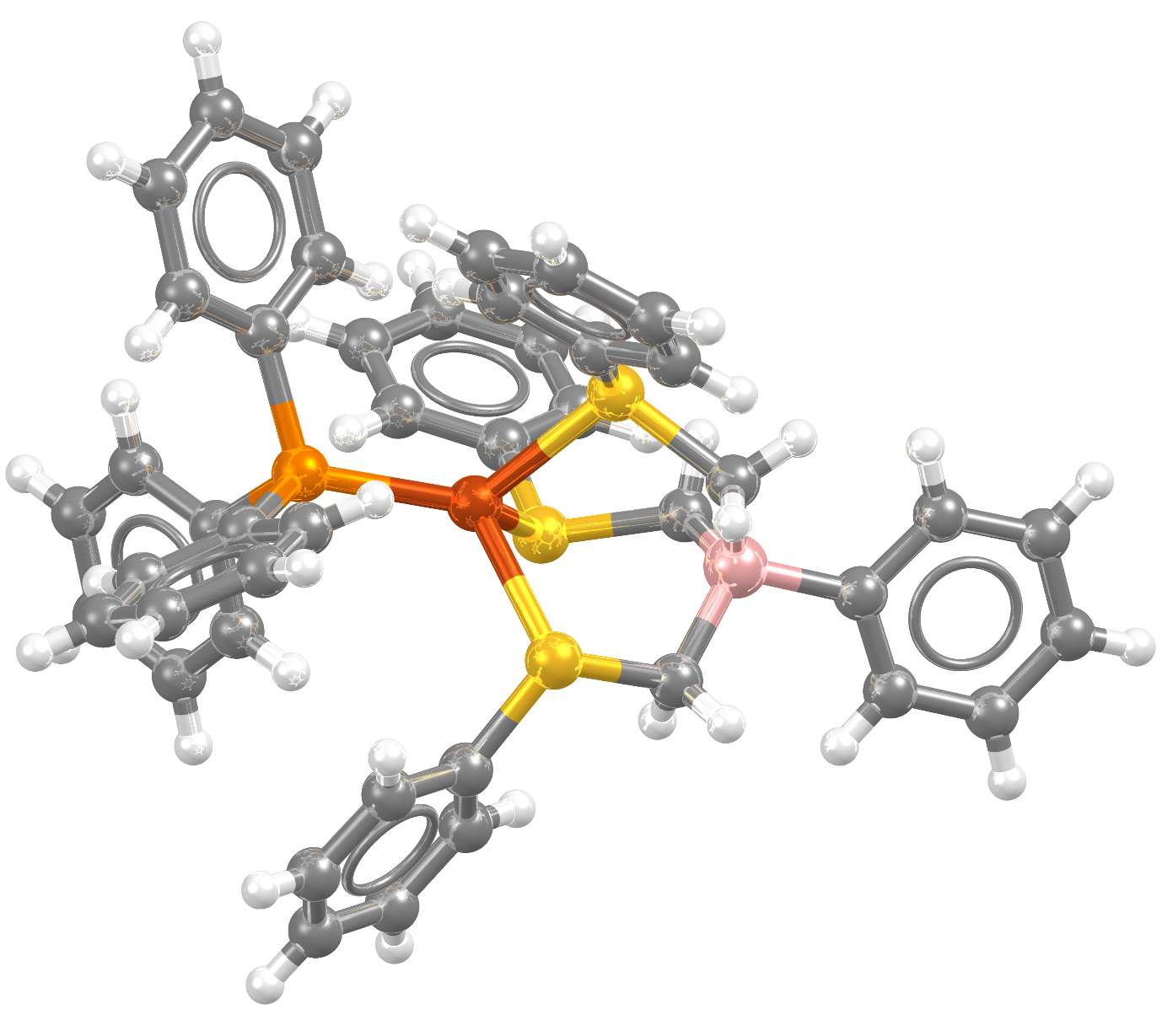CSD Annual Statistics Now Available!
Did you know that every year we generate a range of annual statistics based on the Cambridge Structural Database (CSD)? These allow us to see how the CSD is evolving and provide some insights into the direction small molecule structural chemistry is headed.
We are pleased to let you know that the latest CSD statistics are now available on our website (accessible by clicking: CSD Annual Statistics). As usual the statistics include data on the crystal system, R-factor and space group of crystal structures in the CSD. They also provide insights into how many structures are being published and who is publishing them through the number of structures published by year, and the journals and authors with more than 500 structures in the database.
 OFIHET: Brian W. Skelton et al., CSD Communication, 2018
OFIHET: Brian W. Skelton et al., CSD Communication, 2018
Up to 1st January 2019, there was a total of 991,003 entries in the CSD. As well as containing almost one million crystal structures, the CSD now contains over 900,000 different compounds, with 94.6% of structures containing 3D coordinates. Of these structures, 98.8% have error-free coordinates, and overall there are 85,791,623 atoms with 3D coordinates.

VEQQEQ: Timothy P. Brewster et al., Inorganic Chemistry, 2018, 57, 1148, DOI: 10.1021/acs.inorgchem.7b02601
The growth of the CSD would not be possible without data deposited by the global scientific community. There are now more than 750 authors with over 500 crystal structures in the database and 68 new authors appearing on the list for the first time this year. 175 of the top authors have over 1,000 structures in the CSD, with Brian Skelton of the University of Western Australia currently having authored the most crystal structures at 5,875. The 142 journals with more than 500 structures in the CSD are headed by Inorganic Chemistry, with 73,070 structures.
Is isn’t only the CSD that is evolving, we are also evolving how we provide statistics and insights on the CSD and alongside these annual statistics we now have a dynamic webpage that is powered by our CSD Python API to provide weekly statistics on the CSD. You can find our stats page here.
We hope you find the these statistics interesting! Please don’t hesitate to get in touch with any ideas for future statistics and insights that you would like to see.